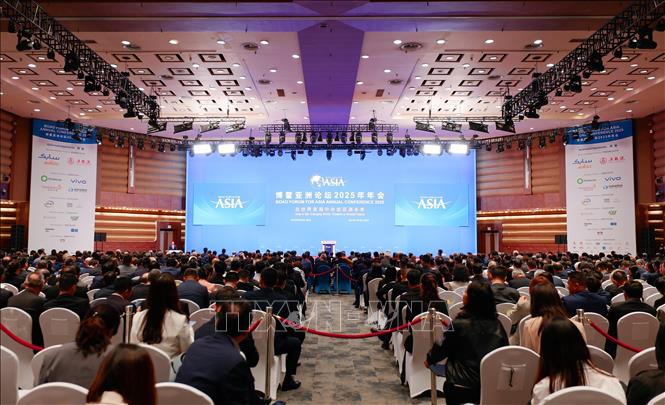
The opening ceremony of the Boao Forum for Asia (BFA) 2025 Annual Conference in Hainan, China on March 27. Photo: THX/TTXVN
According to a VNA reporter in Beijing, the three key areas include expanding domestic demand, stimulating consumption, improving income, promoting artificial intelligence (AI) + consumption; industrial innovation, investing heavily in AI, biotechnology, clean energy, digitalizing traditional industries; strengthening international cooperation, continuing to open up, attracting foreign investment, and enhancing China's position in the global supply chain.
Regarding promoting consumption, the Chinese Government Work Report 2025 identifies “promoting consumption, improving investment efficiency, and expanding domestic demand” as the top priority. China also announced a “Consumption Stimulation Action Plan,” with 30 key tasks in eight areas. Peng Sen, Chairman of the China Association for Economic Reform, said that China is shifting from an investment-led growth model to a consumption-led model. If successful, the Chinese economy will have a solid foundation for achieving high-quality growth.
Boao Forum Vice President Zhou Xiaochuan said that 2025 is the final year of the “14th Five-Year Plan”. China will adopt a more proactive fiscal policy and a more flexible monetary policy to support consumption, improve investment efficiency and expand domestic demand. In addition, China will continue to reform, create a more equitable market environment and promote the private economy.
In the coming time, to achieve the set economic goals, China will implement the following important solutions: Developing digital consumption, green consumption and smart consumption; combining digital technology and manufacturing advantages to promote "AI + consumption". According to Professor Ngo Hieu Cau, President of the National Institute of Finance of Renmin University of China, to stimulate consumption, China needs to improve the social security system, help people have confidence in spending and reduce concerns about personal finances.
Regarding industrial innovation, at the forum, the most frequently mentioned phrases included DeepSeek, humanoid robots, biotechnology, clean energy... reflecting the trend of industrial innovation in China. Mr. Trinh Trung, senior partner of Deloitte China, commented that in recent years, China has achieved many outstanding achievements in AI, 5G telecommunications, quantum computing, space technology... Companies such as DeepSeek (AI), Unitree Robotics (humanoid robots) are demonstrating strong breakthroughs in AI, embodied intelligence and robot control. According to experts, the digital age, AI and green technology are driving the new industrial revolution. To maintain its advantage, China needs to promote innovation in traditional industries, develop new industries and prepare for future industries.
Regarding expanding international cooperation, in the context of many fluctuations in the global economy, China continues to commit to opening up its economy and sharing development opportunities with the world. Many multinational corporations have expressed optimism and expanded their investment in China. AstraZeneca has announced plans to invest 2.5 billion USD in China, building its 6th strategic research and development center in Beijing. AstraZeneca's global CEO, Pascal Soriot, commented that China is not only part of the global supply chain but also a driving force for innovation in the pharmaceutical industry.
In the coming time, the Chinese Government will also continue to promote policies to attract foreign investment such as testing the opening of the service industry, encouraging foreign investors to reinvest, and building the brand "Invest in China". According to Mr. Tu Tu Quan, Director of the Institute of China Modernization under the Chinese Academy of Social Sciences, in the context of the new industrial revolution developing deeply, China has great opportunities in shaping global cooperation, especially in the fields of digital transformation and green technology.


![[Photo] Prime Minister Pham Minh Chinh meets with US business representatives](https://vphoto.vietnam.vn/thumb/1200x675/vietnam/resource/IMAGE/2025/5/13/5bf2bff8977041adab2baf9944e547b5)



![[Photo] President Luong Cuong attends the inauguration of the international container port in Hai Phong](https://vphoto.vietnam.vn/thumb/1200x675/vietnam/resource/IMAGE/2025/5/13/9544c01a03e241fdadb6f9708e1c0b65)



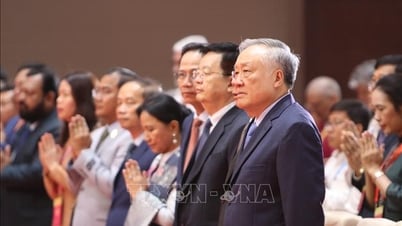
![[Photo] Explore the Great Wall of Water in the Suburbs of Beijing, China](https://vphoto.vietnam.vn/thumb/402x226/vietnam/resource/IMAGE/2025/5/5/c2e706533d824a329167c84669e581a0)



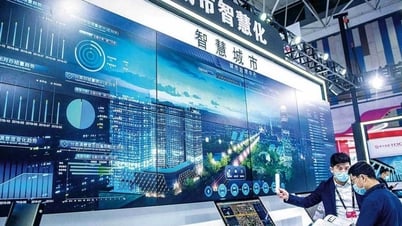



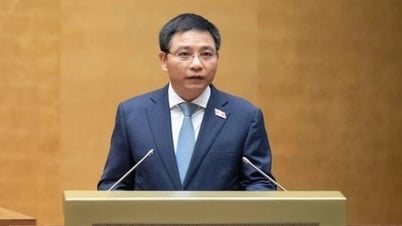

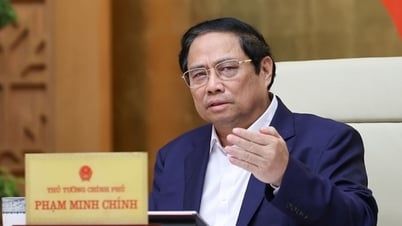

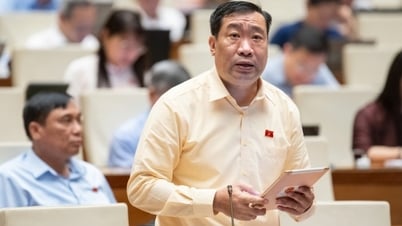
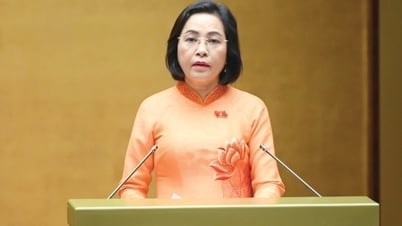






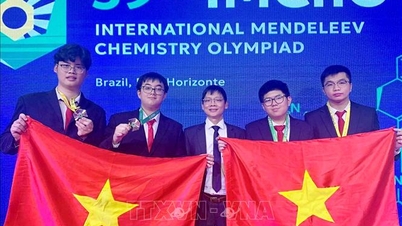
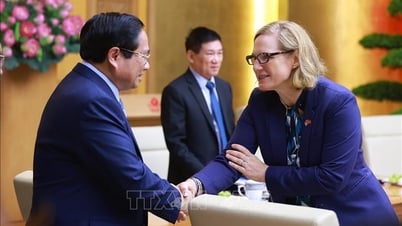
























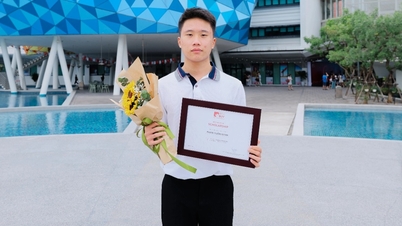























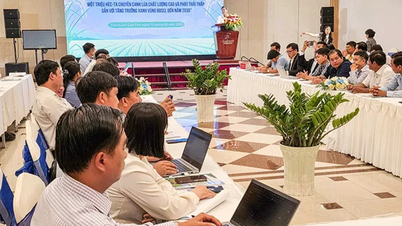





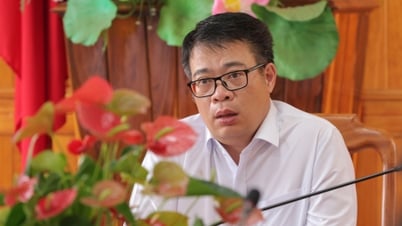
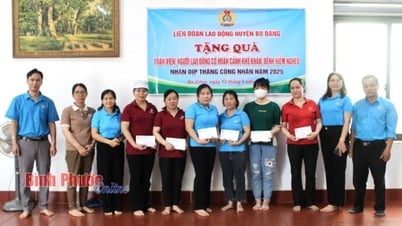

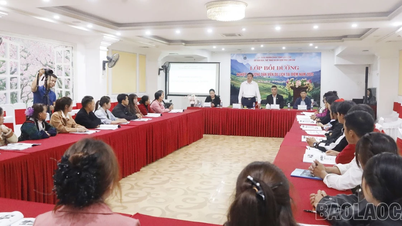









Comment (0)